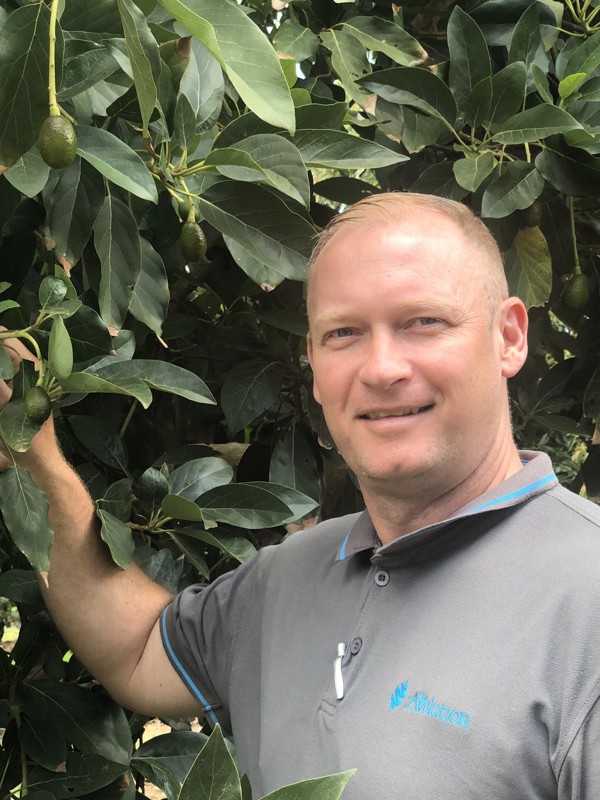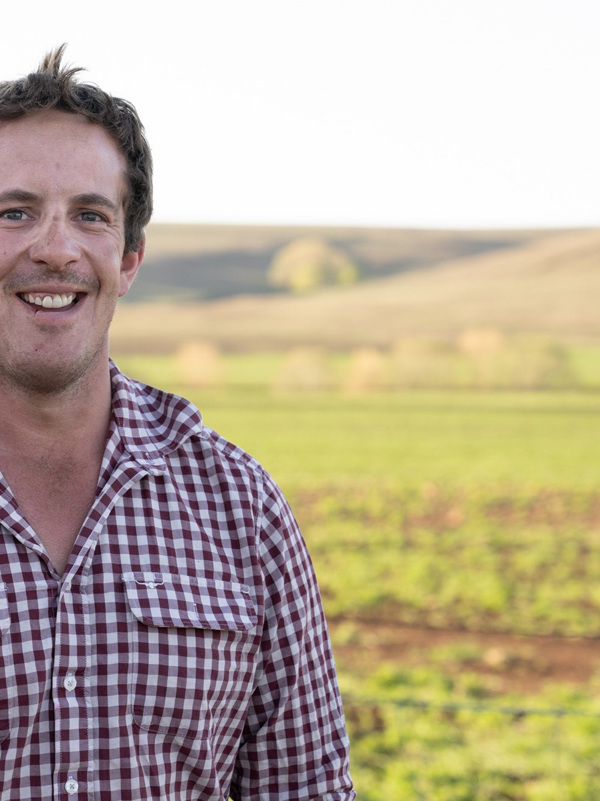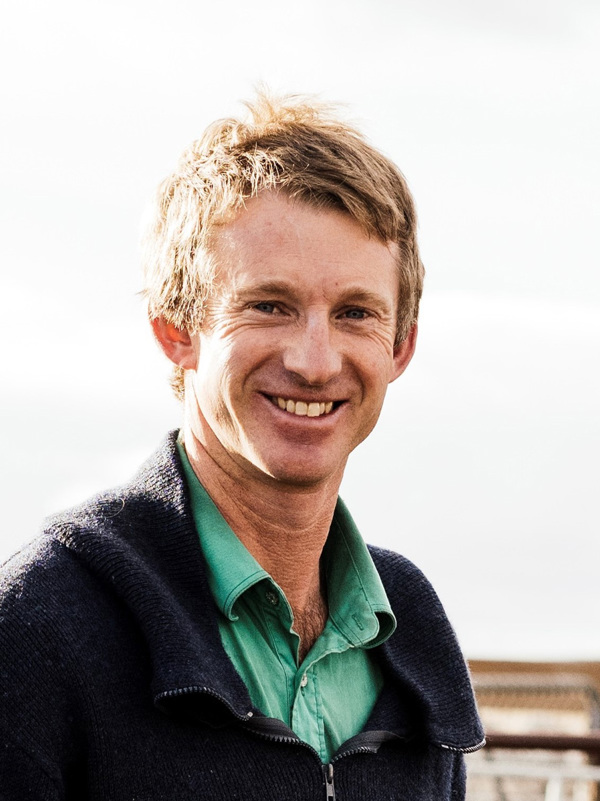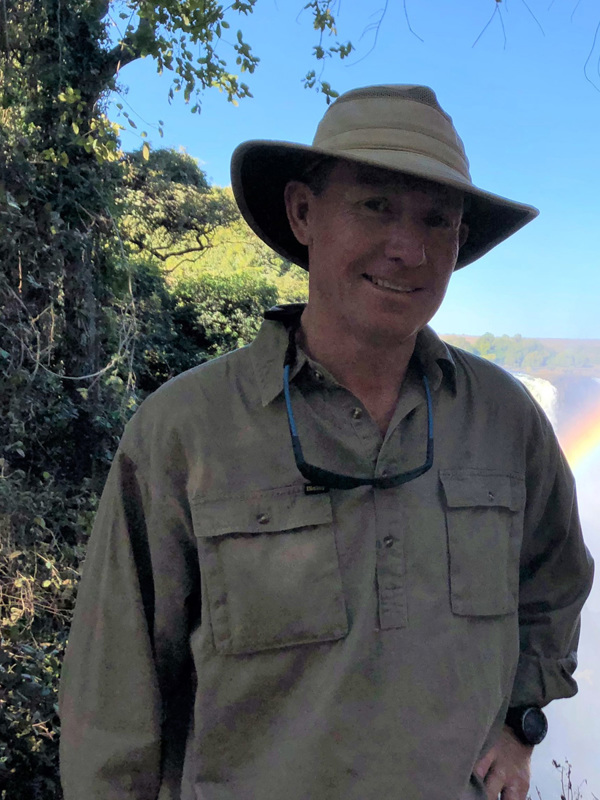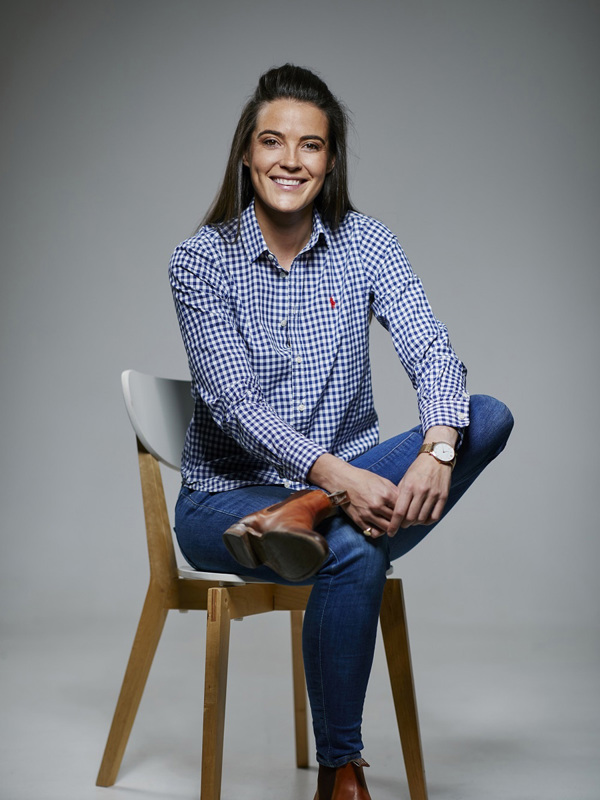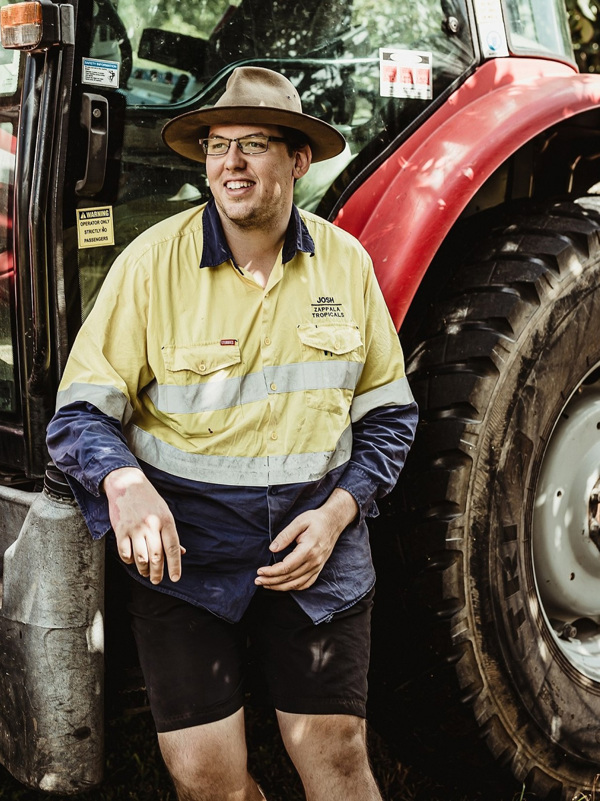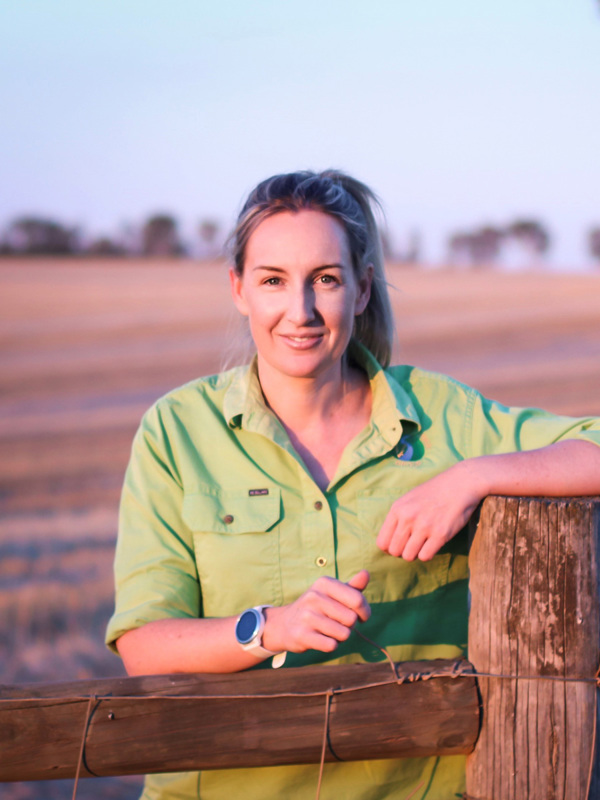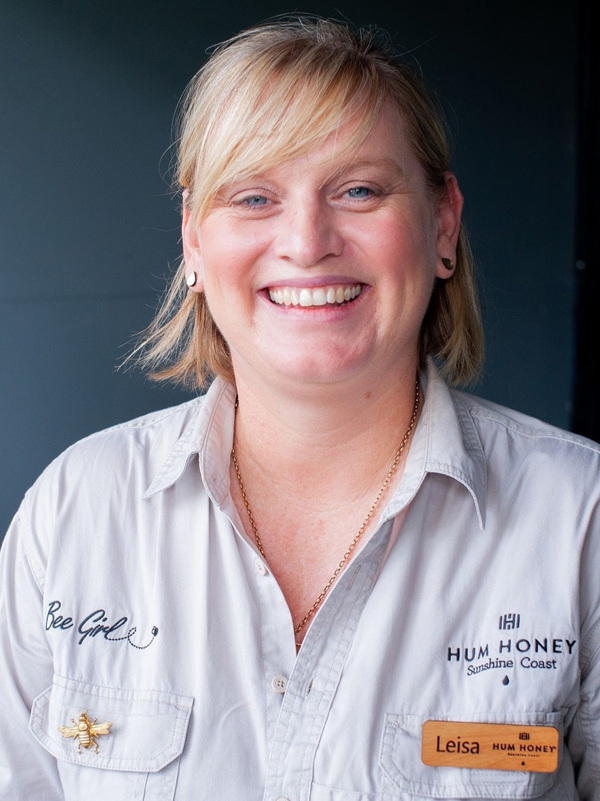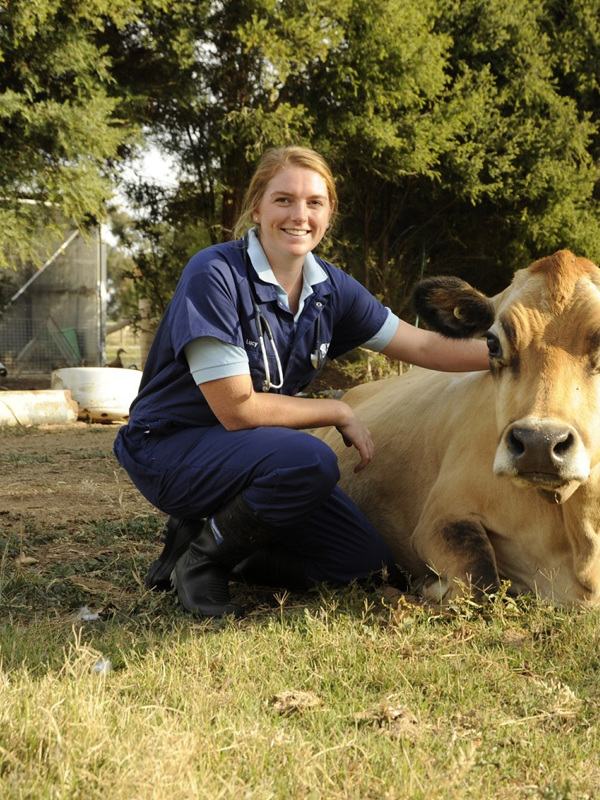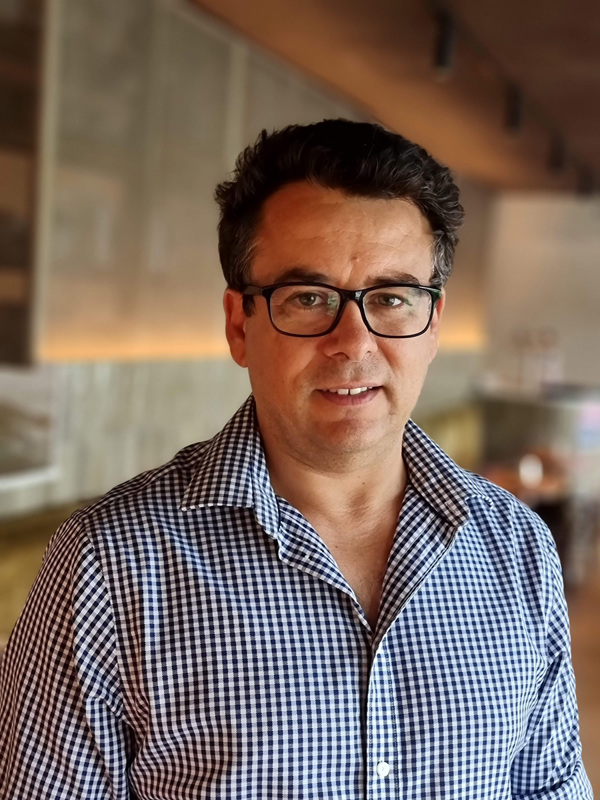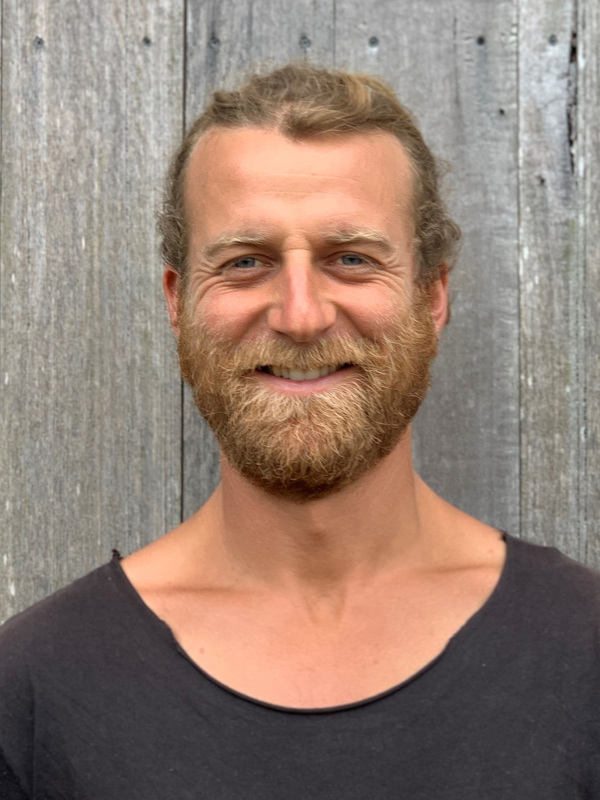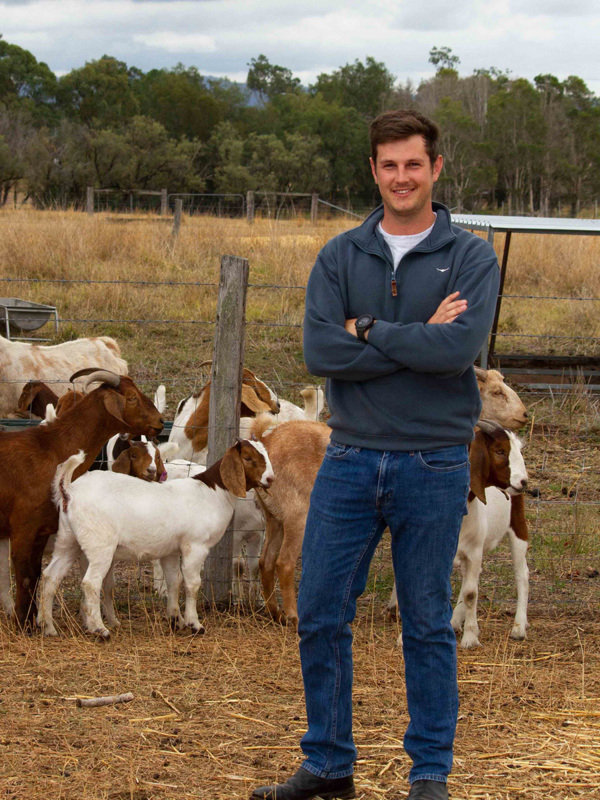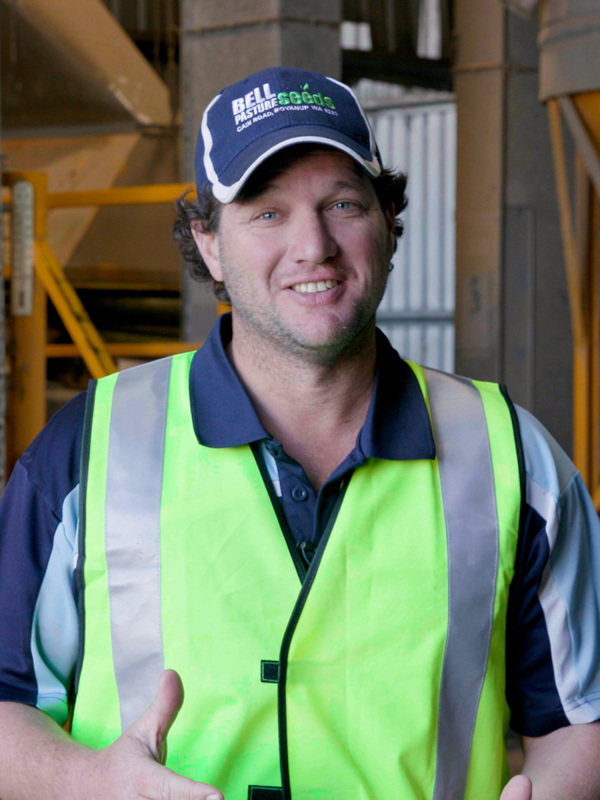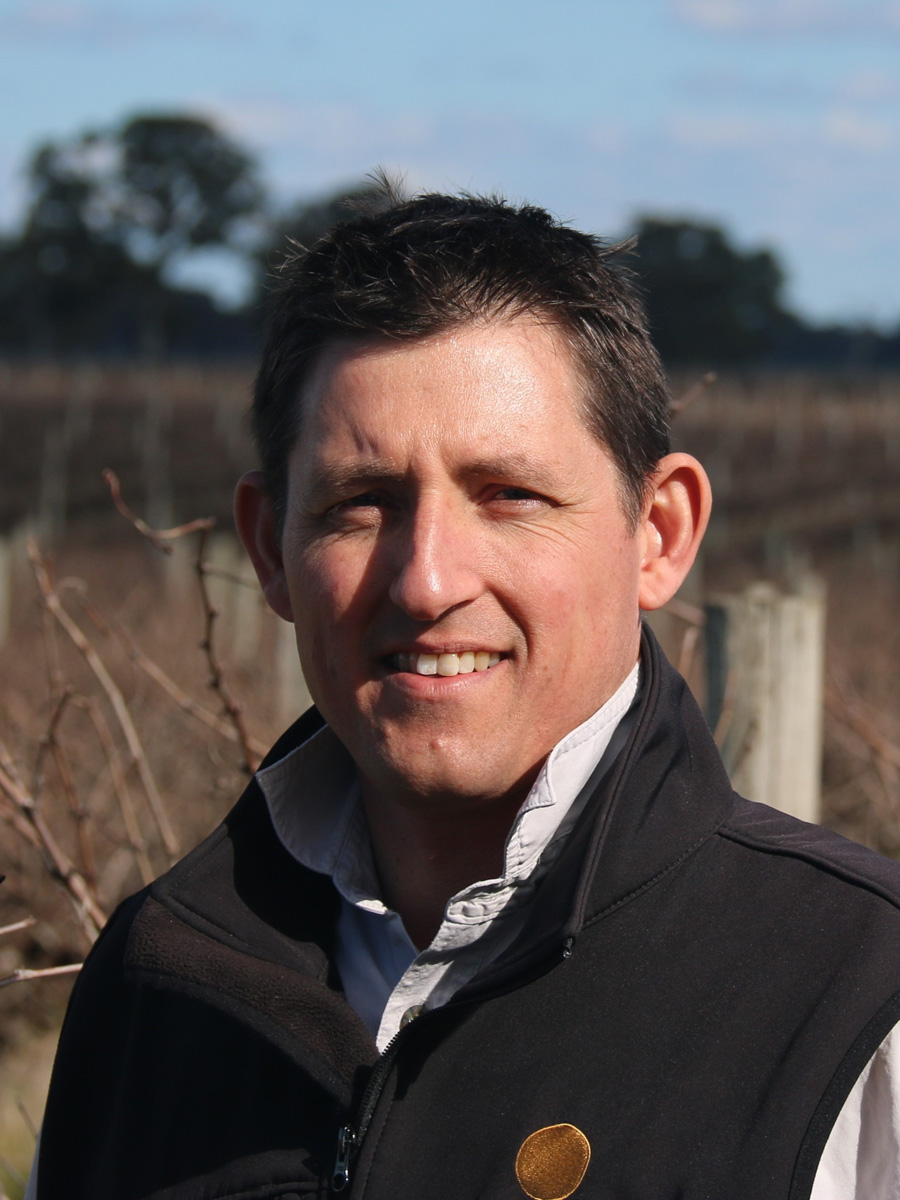
Hans Loder
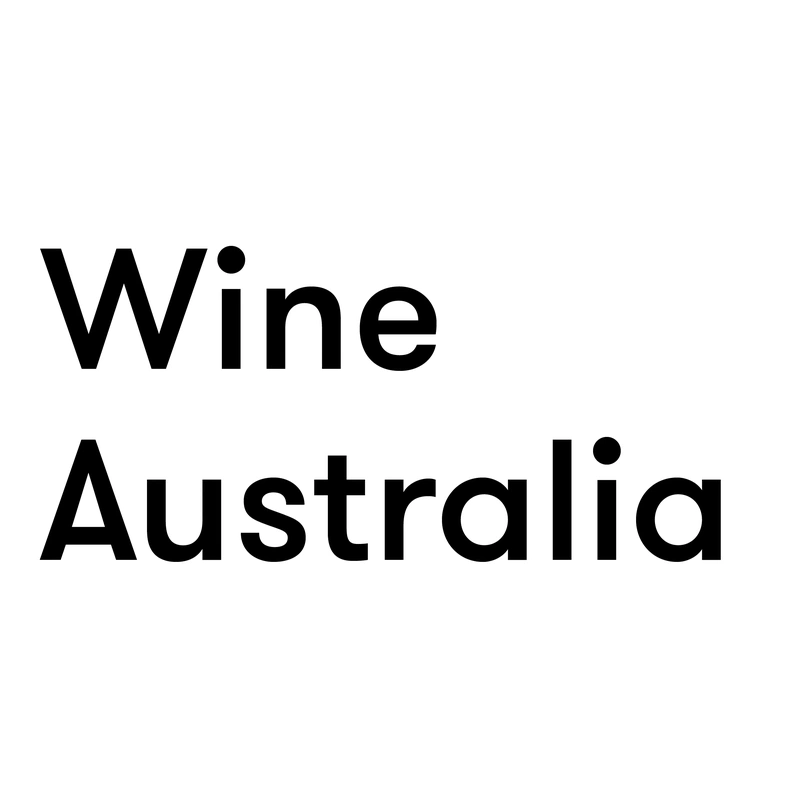
2021 Scholarship winner
A South Australian viticulturist says farmers will one day use wearable technology to see data feeds, including AI-generated management recommendations, on their land and in real time. Nuffield Australia has published the research of 2021 scholar Hans Loder, from Coonawarra, South Australia, following his international study tour, generously supported by Wine Australia.
Hans’ report, titled Here come the robots, but what do we do with the data, suggests farmers will continue to access data in two-dimensions through multiple apps on their smartphones for some time yet. However, a future where they can see management recommendations in a wearable three-dimensional form is not far away.
“These tools will provide efficiencies, cost savings, decision support tools and an ability for individuals to manage larger areas, most likely remotely, yet still with detailed or maybe even greater oversight than they do now".
However, he says the new tools will all rely on capturing high-quality data – which was a key focus of his research.
“Data is critical to assist smarter workflows, facilitate continual improvement, and to provide producers with decision support tools, machine learning and AI, which results in greater efficiency while improving oversight.”
Hans says effectively leveraging data could help farmers maintain, or even increase, productivity in a constrained labour market. Throughout his studies, Hans grappled with the complexities of gathering, storing and retaining sovereignty of data.
“In my conversations with farmers and data managers across five countries, I asked the question ‘is anonymity more important than ownership’ and as one would expect, I received a range of answers!”
He says a particularly compelling example was a Californian platform, Farmers Business Network.
“In speaking with Chris Turkovich, of Turkovich Family Wines, California, I learned the platform facilitates the sharing of performance data and pricing trends. This data is collected from text message surveys that provide feedback to contributors within 24 hours. There is huge value in this data, thanks to the speed at which it can be produced and the insights being both anonymous and independent of commercial players and interests. I think approaches like this will help give farmers confidence that their data is secure and not being used for intelligence beyond the use it’s being collected for. This will be a key part of the uptake journey.”
This is just one of the many insights contained in Hans’ report. He hopes the body of work will bring clarity to wine grape businesses and help them define data and how it is generated, stored and its potential applications.
“There’s huge potential in the viticulture sector, and more broadly, from the collection and interpretation of data. Acting now and understanding the challenge early will help farmers capitalise on the insights and productivity gains while keeping ahead of ever-increasing production, financial and labour force challenges.”
Download the report in
Investor Information:
Wine Australia supports a competitive Australian wine sector by investing in research, development and extension (RD&E), encouraging growth in domestic and international markets, protecting the reputation of Australian wine and administering the Export and Regional Wine Support Package.
Website: www.wineaustralia.com
Facebook: @WineAustralia
Twitter: @Wine_Australia
